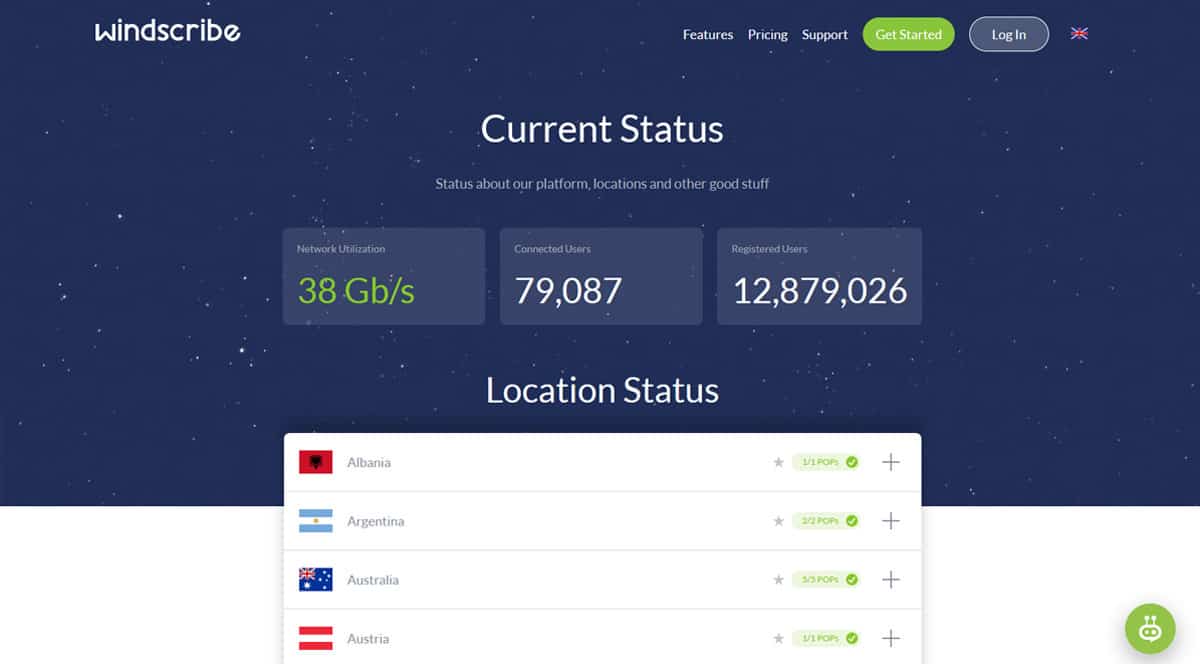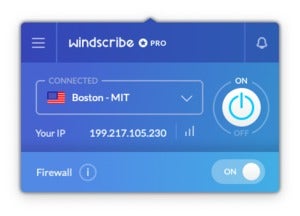

You are NOT using our Windscribe applications (our apps connect via IP and not DNS entries).The attacker has the ability to manipulate your unencrypted DNS queries (the DNS entries used to pick an IP address of one of our servers).You are using a legacy DNS resolver (legacy DNS traffic is unencrypted and subject to MITM).The attacker has control over your network and can intercept all communications (privileged position for MITM attack).

Specifically, Windscribe said, the conditions and the potential consequences are: Advertisement While the company attempted to play down the impact by laying out the requirements an attacker would have to satisfy to be successful, those conditions are precisely the ones VPNs are designed to protect against. The VPN service then decrypts the traffic and sends it to its final destination.īy failing to follow standard industry practices, Windscribe largely negated those security guarantees. People use VPNs to funnel all their Internet traffic into an encrypted tunnel, to prevent people connected to the same network from being able to read or tamper with data or to detect the IP addresses of the two parties communicating. Windscribe’s admission underscores the risks posed by an explosion of VPN services in recent years, many from businesses few people have heard of before. We are currently enacting our plan to address this.” Guarantees negated “Although we have encrypted servers in high-sensitivity regions, the servers in question were running a legacy stack and were not encrypted. “On the disk of those two servers was an OpenVPN server certificate and its private key,” a Windscribe representative wrote in the July 8 post. Further Reading The impossible task of creating a “Best VPNs” list today


 0 kommentar(er)
0 kommentar(er)
